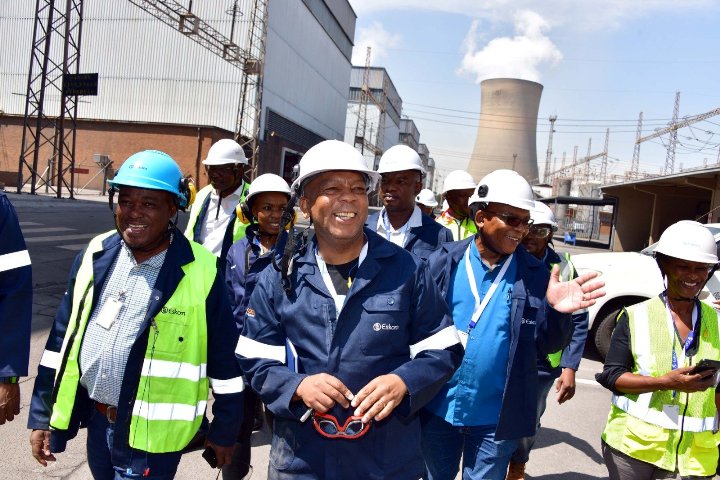Dr. Kgosientsho Ramokgopa, South Africa’s Minister of Electricity and Energy, has called on the BRICS Plus bloc to collaborate more closely in tackling shared energy challenges. Speaking at the 9th Annual BRICS Energy Ministers' Meeting in Moscow, he emphasized the potential of the group to collectively strengthen energy security and confront critical issues identified at the 2023 BRICS Summit in South Africa.
Ramokgopa noted that BRICS (Brazil, Russia, India, China, and South Africa) offers immense opportunities for cooperation in areas such as integrated energy policy frameworks, mineral diversification, infrastructure development, and technology transfer. He urged member states to leverage their individual strengths for mutual benefit, particularly in areas like mining critical minerals, expanding hydropower, advancing hydrogen technologies, and adopting renewable energy solutions.
“Working together will provide an opportunity to join efforts to annihilate the challenges diagnosed during the BRICS 2023 Summit,” Ramokgopa stated. These challenges include scaling up energy efficiency, mobilizing finance and investment, and building skills and capacity.
Harnessing Individual Strengths for Collective Benefit
The Minister stressed the need for BRICS countries to tap into their unique capabilities, particularly in sectors critical to the green economy. This includes the mining and beneficiation of rare-earth elements, crucial for clean energy technologies, as well as exploring diverse energy sources like hydropower, gas, nuclear, biofuels, and clean coal.
Ramokgopa highlighted promising technologies like small modular reactors, hydrogen solutions, and carbon capture, utilization, and storage (CCUS) as important innovations for driving the transition to low-carbon energy systems.
Balancing Developmental Goals and Energy Transition
The meeting comes at a critical time as BRICS countries face the challenge of balancing economic development with the need to transition towards low-carbon economies. Ramokgopa stressed the importance of ensuring that these transitions maintain energy sovereignty, security, and affordability while promoting sustainable development and universal access.
“We must ensure that these transitions safeguard energy sovereignty and security...all the while ensuring no one is left behind,” he said.
BRICS Expansion and Global Energy Leadership
The expansion of the BRICS Plus group reflects the growing significance of the bloc in the global energy landscape. According to Ramokgopa, this is a pivotal moment for BRICS to "reshape, refocus, and reset the global energy architecture" to ensure energy access, affordability, and a just transition towards cleaner energy systems.
For South Africa, this moment presents an opportunity to advocate for the use of innovative technologies that enable the transition from high-emission to low-emission energy systems while achieving carbon neutrality. Ramokgopa reiterated that South Africa’s approach to the energy transition is people-centered and designed to maintain energy security in support of broader socio-economic objectives.
"In this regard, we want to reiterate that our approach to an inclusive and people-centred energy transition is informed by the need to maintain energy security in support of socio-economic objectives," Ramokgopa said.
As BRICS nations continue to grapple with the twin challenges of energy transition and economic development, the meeting underscored the bloc's potential to drive global energy policy in a way that benefits both people and the planet.











